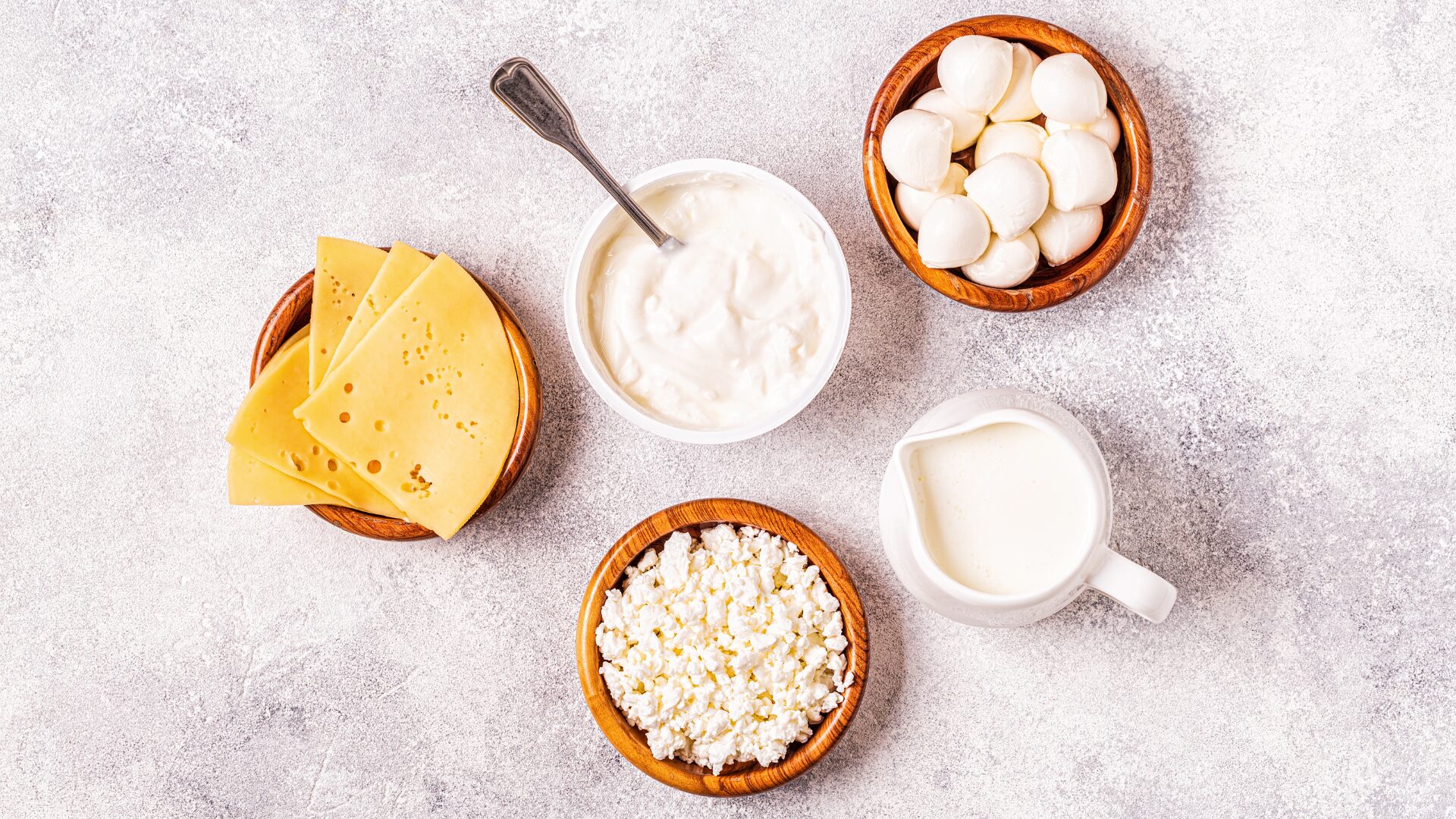How to Heal A Leaky Gut

Leaky gut syndrome, also known as increased intestinal permeability, is a condition that affects the lining of the intestines. It occurs when the tight junctions between the cells in the intestinal wall become compromised, allowing harmful substances such as toxins, bacteria, and undigested food particles to leak into the bloodstream. This can lead to a range of health issues, including digestive problems, food sensitivities, autoimmune disorders, and inflammation. In this blog post, we will explore various strategies and lifestyle changes that can help heal a leaky gut and restore optimal gut health.
1. Identify and Remove Trigger Foods
The first step in healing a leaky gut is to identify and eliminate any trigger foods that may be contributing to the condition. Common culprits include gluten, dairy products, processed foods, refined sugars, alcohol, and caffeine. These foods can irritate the intestinal lining and exacerbate inflammation. By removing these trigger foods from your diet, you give your gut a chance to heal and reduce further damage.
2. Adopt an Anti-Inflammatory Diet
Following an anti-inflammatory diet is crucial for healing a leaky gut. This involves consuming nutrient-dense whole foods that are rich in antioxidants and anti-inflammatory compounds. Focus on incorporating plenty of fruits, vegetables, lean proteins, healthy fats (such as avocados and olive oil), nuts, seeds, and fermented foods into your meals. These foods provide essential nutrients while reducing inflammation in the gut.
3. Restore Gut Microbiome Balance
A healthy gut microbiome plays a vital role in maintaining gut health. To restore balance in your gut microbiome, consider incorporating probiotic-rich foods into your diet or taking high-quality probiotic supplements. Probiotics are beneficial bacteria that help promote a healthy balance of microorganisms in the gut. Additionally, consuming prebiotic-rich foods such as garlic, onions, asparagus, and bananas can provide nourishment for the beneficial bacteria in your gut.
4. Support Digestive Enzymes:
Digestive enzymes are essential for breaking down food and aiding in nutrient absorption. Supplementing with digestive enzymes can help support the digestive process and reduce the strain on the gut. Look for a high-quality enzyme supplement that contains a blend of proteases, lipases, and amylases to ensure optimal digestion.
5. Manage Stress Levels
Chronic stress can have a detrimental impact on gut health. When we are stressed, our bodies release stress hormones that can disrupt the delicate balance of the gut microbiome and increase intestinal permeability. Incorporating stress management techniques such as meditation, deep breathing exercises, yoga, or regular physical activity can help reduce stress levels and support gut healing.
6. Repair Intestinal Lining
Certain supplements and nutrients can aid in repairing the damaged intestinal lining. L-glutamine, an amino acid, is known for its ability to support gut health by promoting cell regeneration in the intestinal lining. Other beneficial supplements include zinc, omega-3 fatty acids, collagen peptides, and quercetin. However, it is important to consult with a healthcare professional before starting any new supplements.
7. Avoid NSAIDs and Antibiotics
Nonsteroidal anti-inflammatory drugs (NSAIDs) and antibiotics can disrupt the delicate balance of the gut microbiome and contribute to leaky gut syndrome. Whenever possible, try to find natural alternatives for pain relief and limit antibiotic use to only when necessary.
Healing a leaky gut requires a multifaceted approach that involves identifying trigger foods, adopting an anti-inflammatory diet, restoring gut microbiome balance, supporting digestive enzymes, managing stress levels, repairing the intestinal lining, and avoiding certain medications. By implementing these strategies and making lifestyle changes, you can support your body’s natural healing processes and restore optimal gut health.
Share:
Social Media
Most Popular


Tips and Tricks to Reduce Body Odor for Women

Simple Tips for Reducing Dairy Consumption

Effective Arm and Shoulder Exercises for Women
Subscribe To Our Weekly Newsletter
No spam, notifications only about new post, updates.
Categories
Related Posts

9 Glute Exercises to Look Bootylicious in Your Jeans
Looking to sculpt your glutes for a bootylicious look? Check out these 9 effective exercises that can be done at home or in the gym. Get ready to rock those jeans with confidence! 💪🍑

Tips and Tricks to Reduce Body Odor for Women
Discover effective tips and tricks tailored for women to reduce body odor. Say goodbye to discomfort and embrace confidence with these simple techniques.

Simple Tips for Reducing Dairy Consumption
Looking to reduce dairy consumption? Discover simple tips and practical advice for finding alternatives to dairy products and transitioning to a dairy-free lifestyle.

Effective Arm and Shoulder Exercises for Women
Looking to tone and strengthen your arms and shoulders? This guide has effective exercises specifically designed for women. Get ready to feel empowered and confident with beautifully defined muscles!


